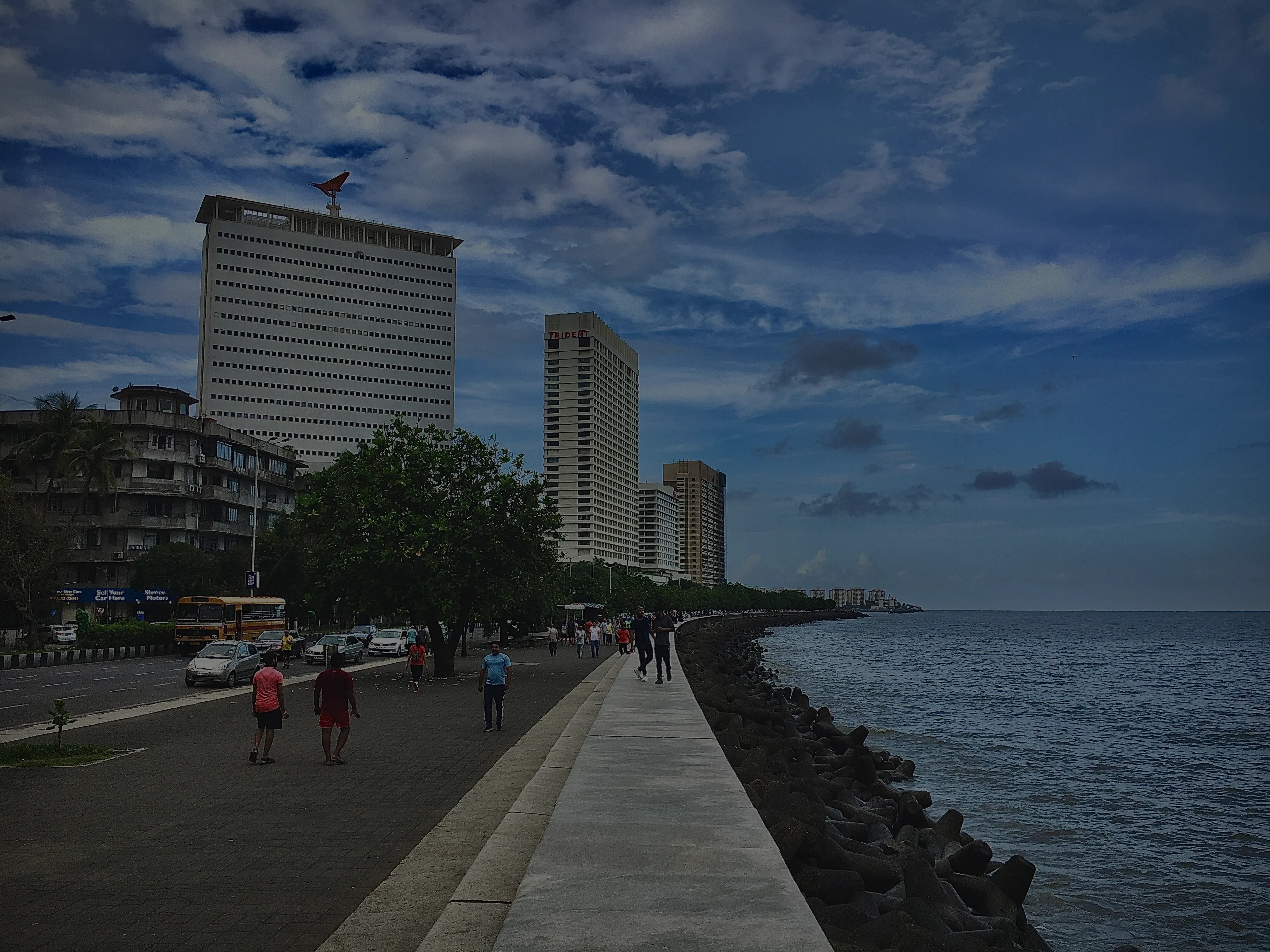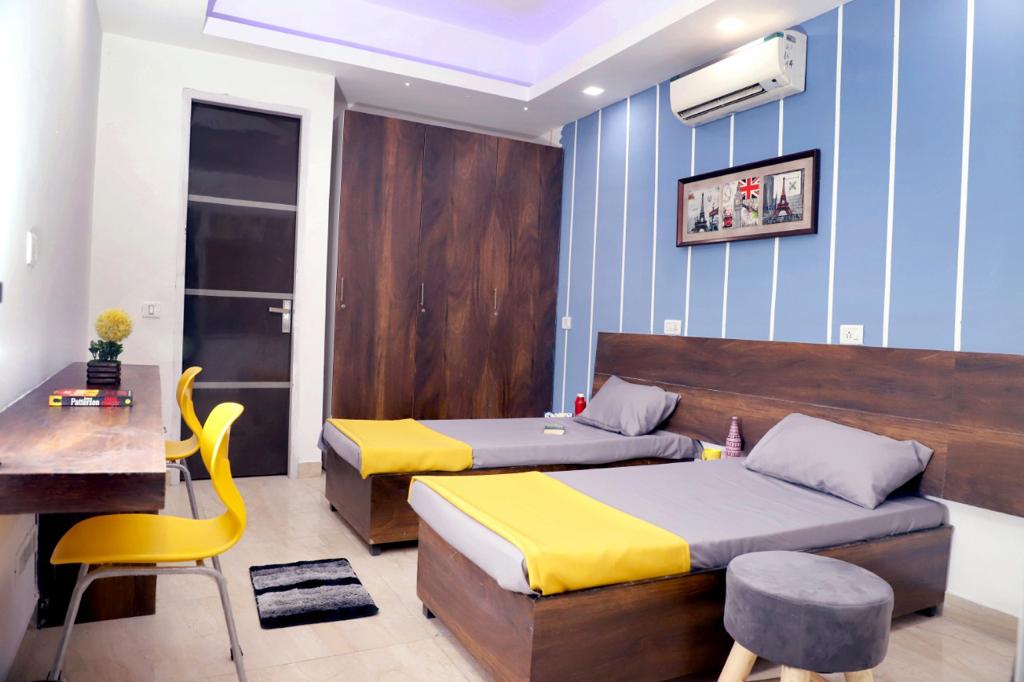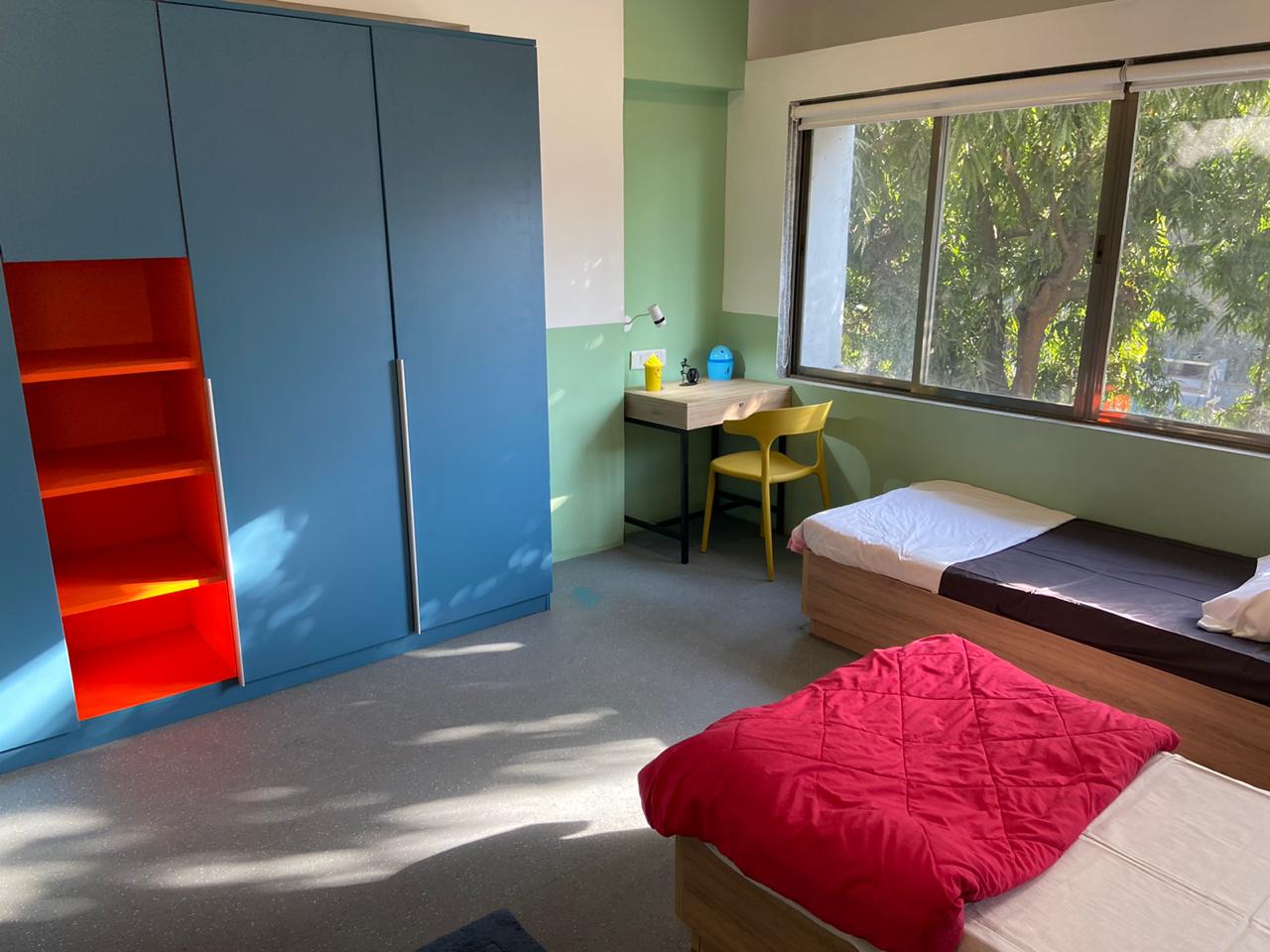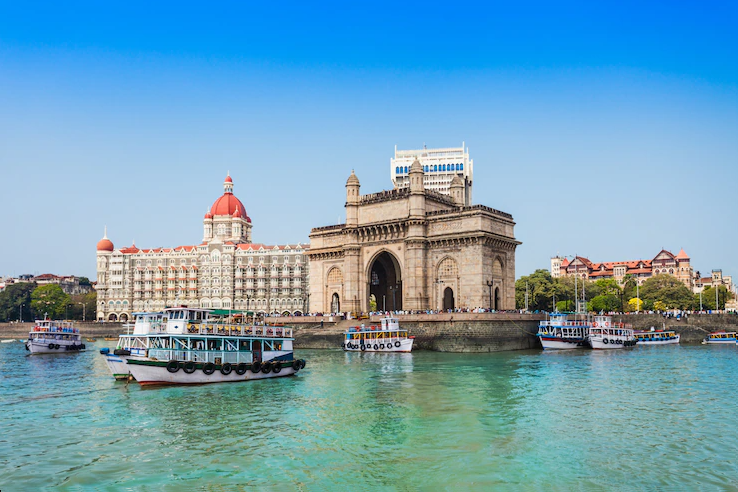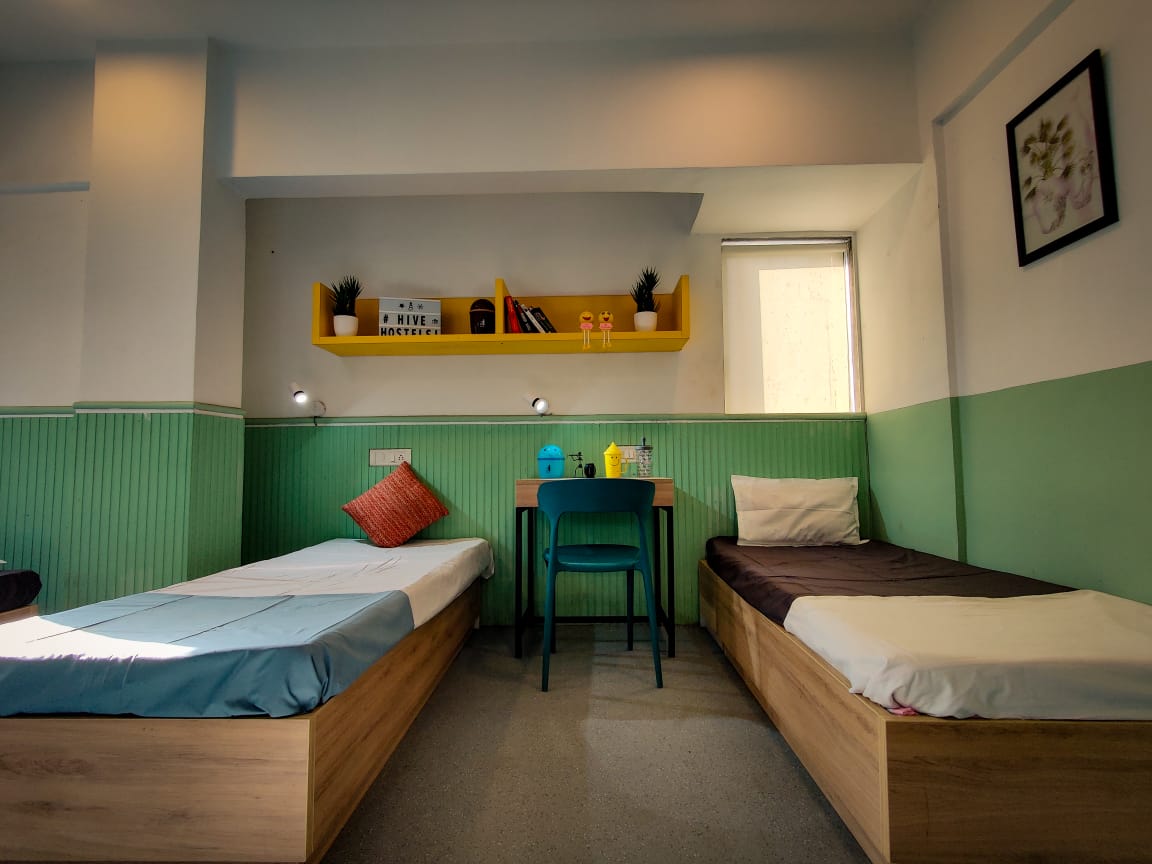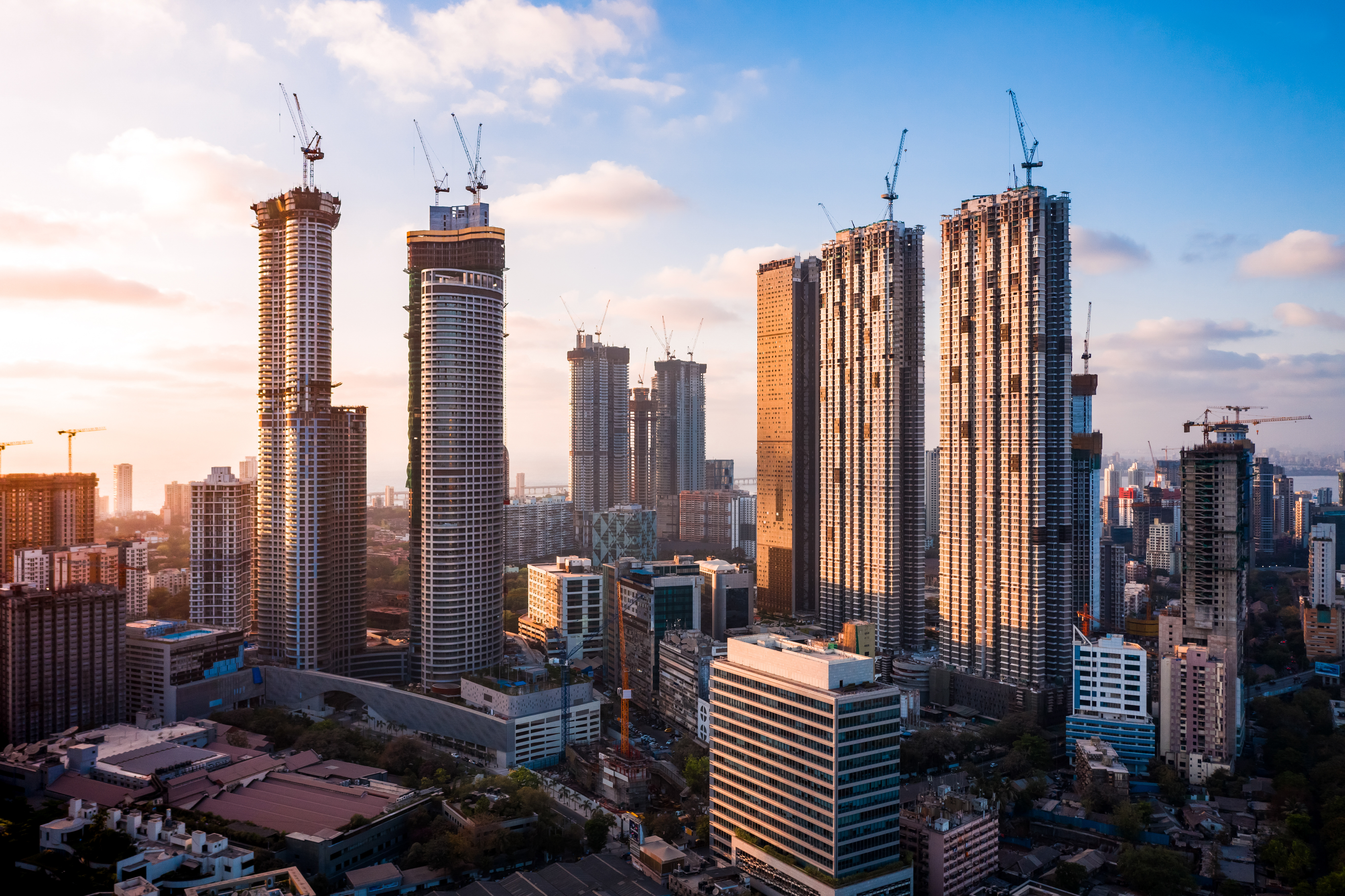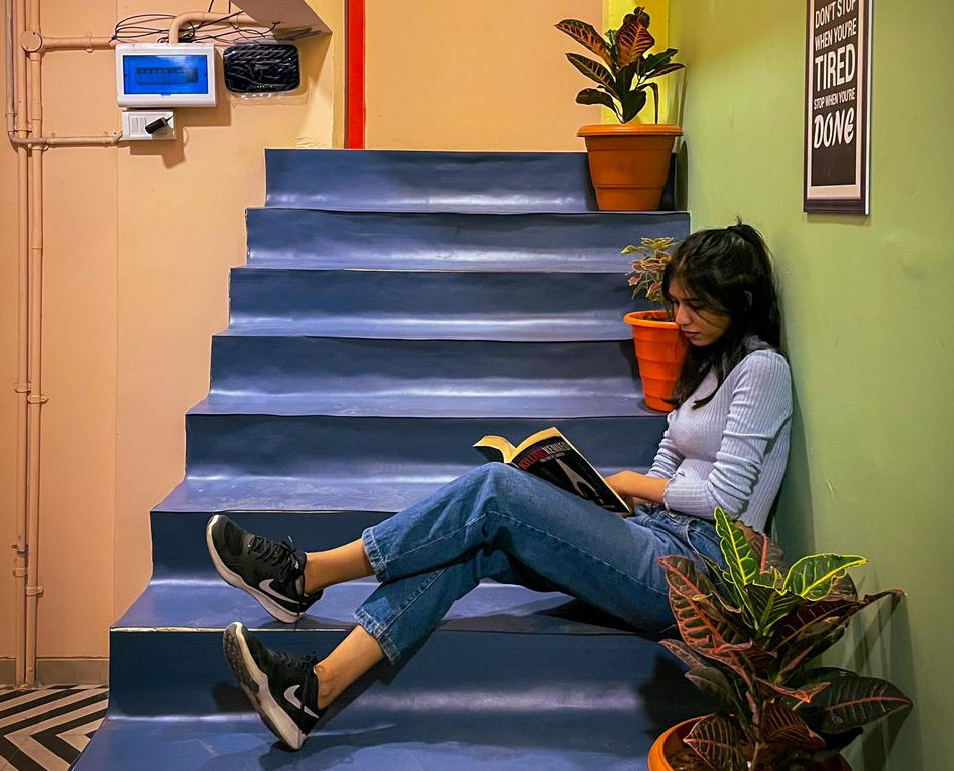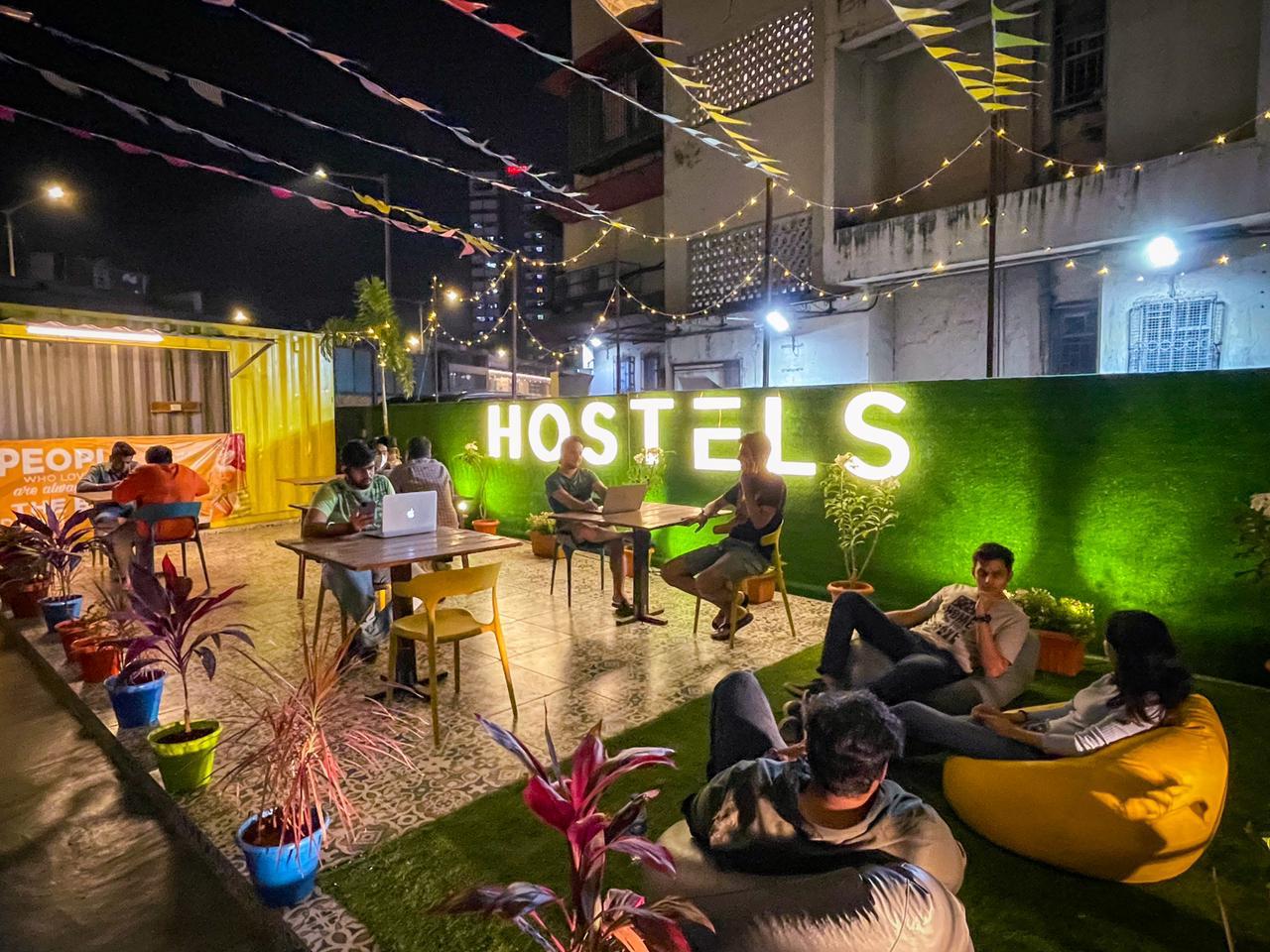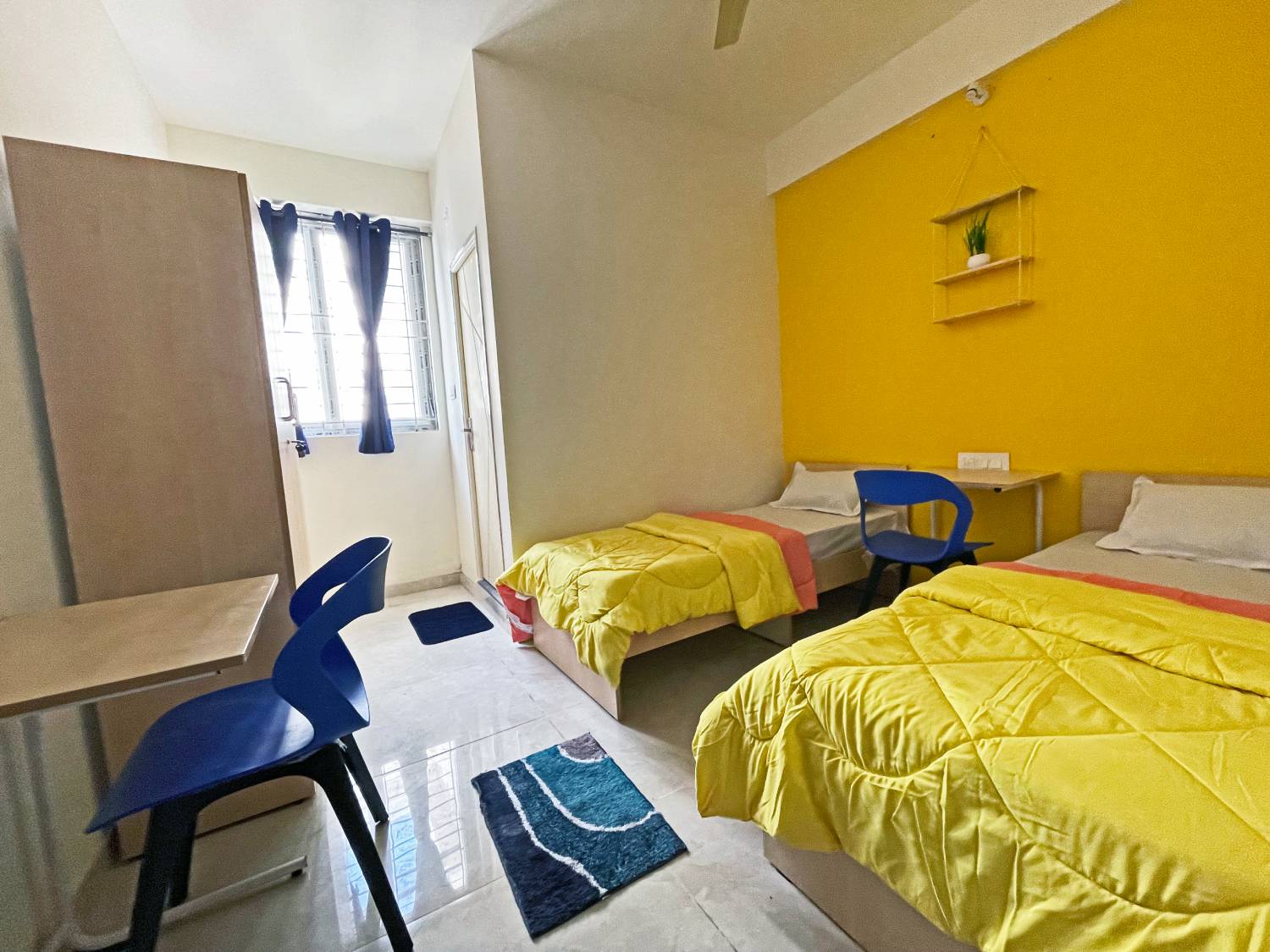
Fill the details to complete enquire now



03 May 2023 Posted by Hive Hostels
As a student, travelling can be a wonderful way to broaden your horizons and gain new experiences. However, it's important to consider the impact of your travels on the environment and the local communities you visit. Sustainable travel is a growing movement that aims to reduce the negative impact of tourism on the planet and local cultures. Hive Hostels offer an excellent sustainable accommodation option for students, with locations in over 8 cities in India.
Here are some tips for sustainable travel for students:
Choose sustainable accommodation: When travelling, choosing eco-friendly accommodation is an important step towards sustainable travel. Hive Hostels are a great option for student travellers, as they are committed to sustainability and reducing their environmental impact. Their buildings are designed to be energy-efficient, they use eco-friendly cleaning products, and they have implemented various sustainable practices such as waste reduction and recycling.
Use public transportation: Using public transportation, walking, or biking instead of renting a car or taking a taxi is a great way to reduce your carbon footprint while travelling. Hive Hostels are located in areas with easy access to public transportation, making it easy for students to explore the local area sustainably.
Reduce your plastic usage: One of the biggest issues facing our planet is plastic pollution. As a traveller, it's important to be mindful of your plastic usage. Bring your own reusable water bottle, shopping bag, and utensils. Hive Hostels have implemented a no-plastic policy in their hostels, providing guests with eco-friendly alternatives.
Respect local cultures and traditions: When travelling, it's important to respect the local cultures and traditions of the places you visit. Learn about the local customs and follow the rules and regulations. Hive Hostels promote cultural exchange and provide opportunities for travellers to learn about local cultures through activities and events.
Support local businesses: By supporting local businesses, you can contribute to the local economy and help sustain the local community. Hive Hostels have partnerships with local businesses, promoting sustainable tourism and supporting the local economy.
Reduce your energy usage: Being mindful of your energy usage is an important step towards sustainable travel. Turn off lights and electronics when not in use and limit your air conditioning usage. Hive Hostels use energy-efficient appliances and have implemented various sustainable practices to reduce their energy usage.
Leave no trace: When visiting natural areas, it's important to leave no trace behind. Do not litter and respect the natural environment. Hive Hostels promote sustainable tourism and encourage guests to be mindful of their impact on the environment.
Hive Hostels offer sustainable accommodation options for students. With locations in over 8 cities in India, Hive Hostels are committed to sustainability and reducing its environmental impact. We use eco-friendly cleaning products, implement sustainable practices such as waste reduction and recycling, and have designed our buildings to be energy-efficient.
In addition to our commitment to the comfort we also focus on sustainability, the Hive Hostels also offer various facilities and services to make your stay comfortable and enjoyable. We offer free Wi-Fi, laundry facilities, a kitchen which delivers freshly cooked meals daily, a coffee and vending machine that operates 24/7 and a recreational area to unwind and network.
Since we provide such impeccable facilities and amenities, students living with us can enrich themselves by studying, travelling and making life-long friends. They do not have to worry about laundry, dishes, cleaning the room, etc. They can focus on the bigger joys in life!
In conclusion, sustainable travel is an important consideration for students who want to travel responsibly and reduce their impact on the planet. By choosing eco-friendly accommodations, using public transportation, reducing plastic usage, respecting local cultures and traditions, supporting local businesses, reducing energy usage, and leaving no trace, students can make a positive impact while travelling.
Let’s take you there. It’s a place that has opened its doors in 22+ cities and counting.









